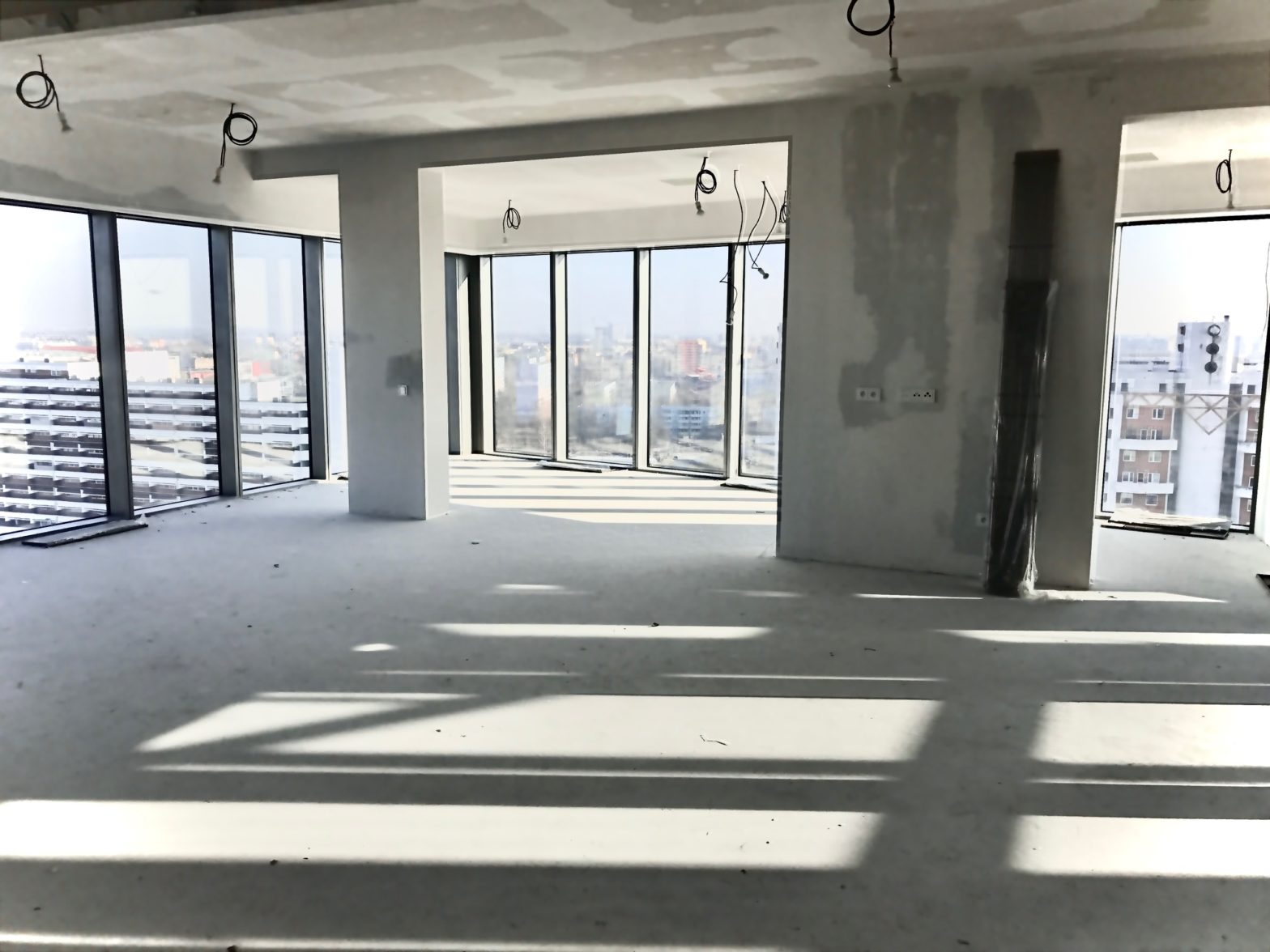When looking through Polish real estate sales offers, in the description of real estate, clients often come across the term “in the developer standard”. By entering the words “developer standard” into a popular search engine, in the graphics category, photos of empty walls and unfinished floors are displayed. Intuitively, clients realize that in the developer standard, you should not expect any furniture or equipment. However, when trying to buy a house or unit finished to a developer standard, should we count on receiving it in the same condition as our friends received their flat a few months ago in another investment? Do we have the right to demand plaster on the walls just because our new neighbors from the investment next door bought, from a developer, a property ready for painting? At what point should we get acquainted with the real estate standard and should it be the moment of its protocolar acceptance?
We will not find a definition of the developer state or standard in the Civil Code*, in the Developer Act **, or in other Polish legal regulations. Moreover, the Polish legislator does not use these terms, which would even indirectly enable to create their definition. It is not possible to define precisely all the features that a flat or a house in the developer standard should have. This does not mean, however, that developers are completely free as to the standard in which they will deliver the property to the buyer.
To understand the concept of developer standard, it is worth referring to the encyclopedic meaning of the word “standard”. According to the PWN *** Dictionary of the Polish Language, “standard” is, in particular, “the level of goods or services, especially those meeting the basic requirements”. Taking into account the specificity of the real estate market, we can draw two conclusions from this definition. First, the development standard should correspond to some basic requirements for a unit or a house. Secondly, developers are free to adjust the developer standard to the needs of a given offer, beyond the minimum level.
Basic developer standard is a standard that meets the basic requirements that are expected from real estate, therefore it seems that it is at least a standard that allows, respectively, the notification of completion of construction or obtaining a use permit.
Developer standard exceeding the basic level is a standard that goes beyond the features of the basic developer standard, and the developer, per principle, has a freedom to define its scope.
When a client receives information that a real estate, that he is interested in, will be sold to him in the developer standard, he can only be sure that the real estate will meet the characteristics of the basic developer standard. However, this knowledge will not be sufficient to compare the offers of various developers. Only by analyzing, in detail, the standard of various properties, the client will be able to assess whether the offer of the developer proposing a higher sale price isn’t yet more advantageous, due to the developer standard significantly exceeding the minimum level.
At what point, therefore, the client should get acquainted with the detailed description of the real estate developer standard? Ideally, at the stage of analyzing the offers, and certainly not later than when the first real estate agreement is signed. In the event that the flat or a single-family house are purchased from the primary market, i.e., pursuant to the provisions of the Developer Act, relevant information regarding the standard of the flat or the house, as well as the common property, should be included in the individual part of the information prospectus. On the other hand, if the property is purchased in a developer standard out of the Developer Act provisions, the seller should be asked to provide a detailed description of the developer standard. Both the information prospectus (primary market) and the standard description (primary market of non-residential real estate and secondary market) should be attached to the first agreement signed by the client. The moment of signing a delivery and acceptance protocol of the property is an opportunity for the buyer to verify whether a real estate has been constructed in accordance with the developer standard previously submitted and approved by the parties. At this stage, however, it is too late to demand finishing plaster on the walls, if the developer standard does not provide for finishing plaster.
* Civil code – Polish Act of 23 April 1964 r. Civil code (consolidated text, Journal of Laws of 2020, item 1740 as amended);
** Developer Act – Polish Act of 16 September 2011 r. on the protection of the rights of the buyer of a flat or a single-family house (consolidated text, Journal of Laws of 2019 r. item 1805 as amended);
*** PWN Dictionary of the Polish Language
In the “Real estate law guide” we introduce you to issues related to real estate ownership as well as real estate transactions in Poland. As part of the series of articles, we explain useful notions related to real estate, present legal regulations associated with the real estate market and show what aspects are worth paying attention to when buying, selling or renting real estate.

